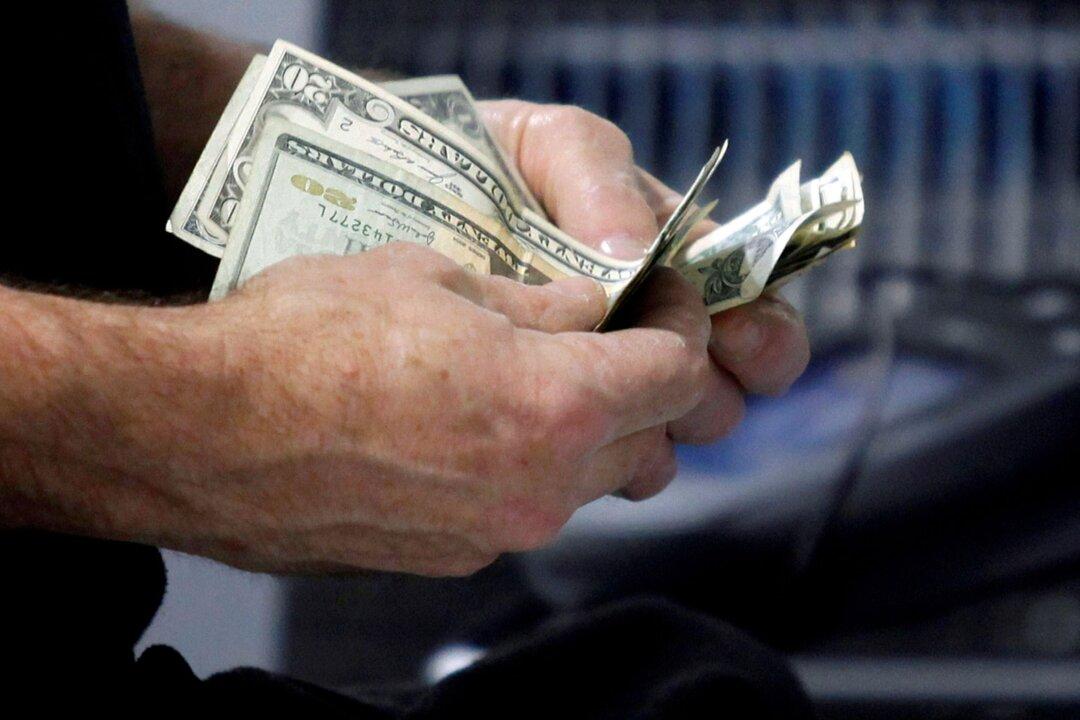Roughly half of Americans did not build up savings during the COVID-19 pandemic, according to a new survey by YouGov, as fears mount that a recession could be looming on the horizon.
YouGov’s survey covered 20,000 adults across 18 major economies including Sweden, Spain, Australia, China, and India, and challenges the idea that households within the world’s major economies have a savings cushion that could bolster spending amid a potential economic downturn.




